News
SEE launches first biobased compostable protein trays
23 Feb 2024Sustainable packaging solutions for perishable food products have proved to be a big challenge for food manufacturers, but US packaging provider SEE (formerly Sealed Air) has launched a composable protein packaging tray.
SEE believes its latest offering for fresh meats and poultry businesses could make a difference.
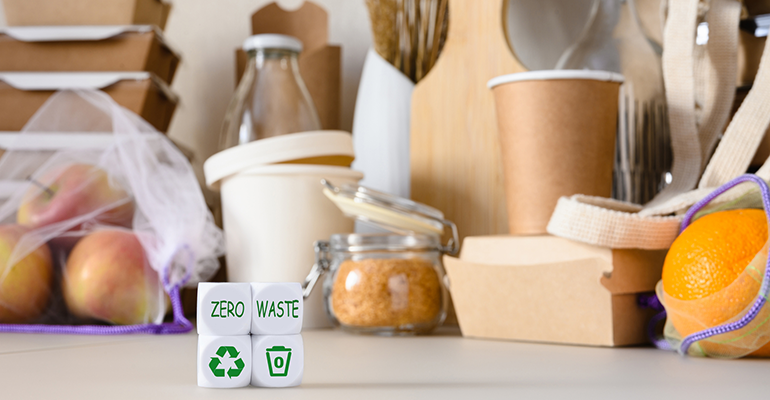
The company launched the packaging tray at the IPPE event, held in Atlanta, Georgia, last month, and said it marked a major shift in fresh meat packaging as manufacturers look for alternatives to Expanded Polystyrene (EPS) solutions.
The biobased compostable protein tray is made from food-contact grade resin, certified by the United States Department of Agriculture (USDA). Derived from renewable wood cellulose the material breaks down naturally, leaving no chemical residue, the company said.
Providing a solution for a ‘pain point’
According to Tiffani Burt, SEE’s executive director for sustainability, digital and smart packaging, the Cryovac Overwrap Tray has been developed in response to a pain point for many of its customers who are under pressure from legislation requiring that are outlawing polystyrene materials.
“What we heard from our customers was that the other sustainable alternatives that they were testing and investigating had some critical failures or flaws, especially moving through processing,” said Burt.
“The wet and harsh nature of processing plants can prove challenging for some rigid packaging materials, like fibre-based moulded pulp solutions. Our tray was designed to withstand that, allowing the product to pass through distribution without impacting the shelf life.”
Answering the need for a durable and compostable solution
While ensuring the material had the durability to make it suitable for a range of processing environments, the other top priority was to ensure that it would be fully compostable.
“The trays are derived from a biopolymer that is made from cellulose,” said Burt. “That material is then processed using innovative proprietary extrusion technology to lightweight it, ensuring we use the least amount of material possible to do the job. And because of the material’s natural composition, it can compost in home composting bins as well as industrial composting solutions.”
SEE’s Cryovac Overwrap Tray is the latest solution to help meet the gradual phase out of polystyrene materials worldwide. The race to end the use of the material is seen as particularly urgent because its lack of biodegradability has also led to growing evidence that the material is contributing to the problem of microplastic pollution.
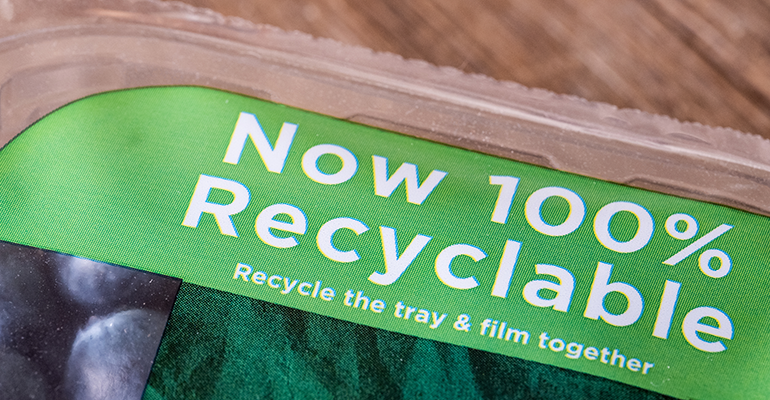 © iStock/K Neville
© iStock/K Neville
Legislation is driving the race for alternatives
The EU, UK, Canada, Chile, New Zealand, and India are among more than 60 countries to impose legislation to phase out polystyrene. In the US the material has only been outlawed in 11 of the 50 states, while its use still goes largely unregulated in Asia, Africa, and Latin America – but pressure is mounting for a global ban.
Such legislation has prompted a big shift, particularly in the fast-food industry, which has relied heavily on single-use polystyrene-based packaging. Similarly, the legislation has also prompted fresh meat and poultry brands to find more sustainable alternatives for overwrap trays.
To meet this demand, a number of packaging providers have launched protein trays with enhanced recyclability, together with solutions that are based on Post-Consumer Recycled materials.
Compostable packaging is perceived by consumers to be one of the most environmentally-friendly solutions. This was underlined in a 2023 survey conducted by McKinsey, showing that consumers in 10 out of 11 major countries believed that compostable packaging materials are the most eco-friendly.
The need for greater sustainability
A 2019 study by the Fraunhofer Institute for Environmental Safety & Technology found that of the nine plastic materials that are used for meat and poultry trays – including PS, PET, PLA, XPS and PP – the XPS trays had the lowest environmental impact due to the use of mono materials, while multi-layered solutions had the highest impact.
The study also showed that none of these materials were proven to be in any way compostable, while only XPS trays were highlighted as having significant potential for recycling.
“There are several initiatives, actions and strategies within the EU and globally that aim to address the plastic waste problem. Nonetheless, it is unclear whether these strategies will contribute to overall sustainability or present an enhanced industrialised vision for recycling,” the study concludes.
Related news
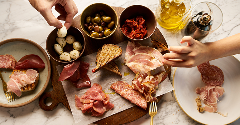
Nitrites: Pressure grows on UK to follow EU’s lead
20 Nov 2025
Pressure is growing on the UK to follow the EU’s lead after the bloc revised its regulations on the permitted levels of nitrites and nitrates in cured meats.
Read more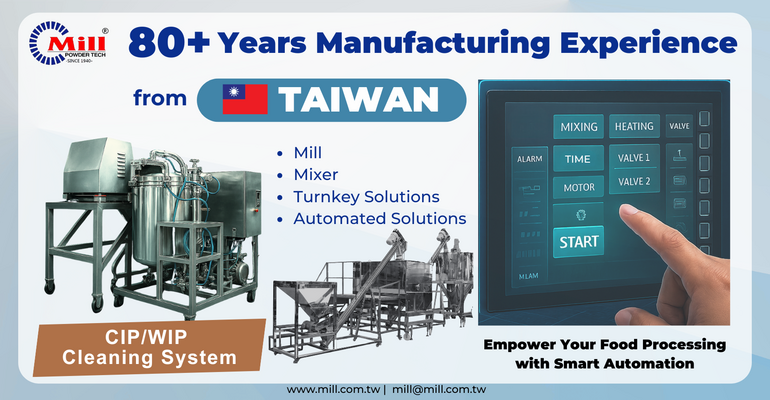
Predictive maintenance redefines powder mixing reliability
13 Nov 2025
Mill Powder Tech's smart control systems harness real-time data to help the food and biotech sectors achieve zero downtime and smarter output, alongside rigorous GMP standards and ambitious ESG goals.
Read more
New UPF standard hoped to offer consumers ‘coherence and clarity’
10 Nov 2025
Ingredients companies are being urged to enter “a new era of partnership and innovation” following the launch of the industry’s first non-UPF verification scheme.
Read more
Ingredient quantities mislabelled on popular protein bars, independent tests show
5 Nov 2025
Some popular protein bars contain more fat, carbs, and/or sugars than claimed on their labels, independent nutrition testing reveals.
Read more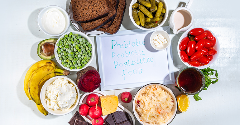
Will postbiotics become the go-to functional ingredient?
3 Nov 2025
Postbiotics show significant promise for the functional foods market due to their safety profile and beneficial bioactive properties, research suggests.
Read more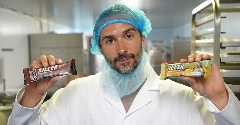
Will Wicks’ Killer Bar harm the protein bar category?
23 Oct 2025
Joe Wicks’ deliberately dangerous protein bar is fuelling anti-UPF sentiment – but there are concerns that his messaging is misguided and could have unintended consequences.
Read more
EU citizens have high food safety awareness but cost guides purchasing
20 Oct 2025
EFSA’s 2025 Special Eurobarometer report on food safety shows shifting concerns, with cost remaining the primary factor influencing food purchasing decisions.
Read more
Food fraud risks rise as brands fight economic and environmental headwinds
10 Oct 2025
Climate change, geopolitics, regulations, and demand for sustainable products are pushing up food fraud and adulteration risks, warns a world-leading food fraud expert.
Read more
EU proposes delaying anti-deforestation rules by another year
3 Oct 2025
The European Union (EU) plans to push back the already-delayed European Union Deforestation Regulation (EUDR) by another year, citing IT problems.
Read more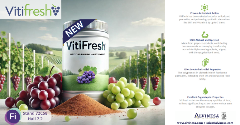
Vitifresh: A clean label solution for food protection
24 Sep 2025
Vitifresh, an upcycled grape extract from Spain, offers powerful antioxidant and antimicrobial benefits, extending food shelf life naturally and supporting clean label trends.
Read more